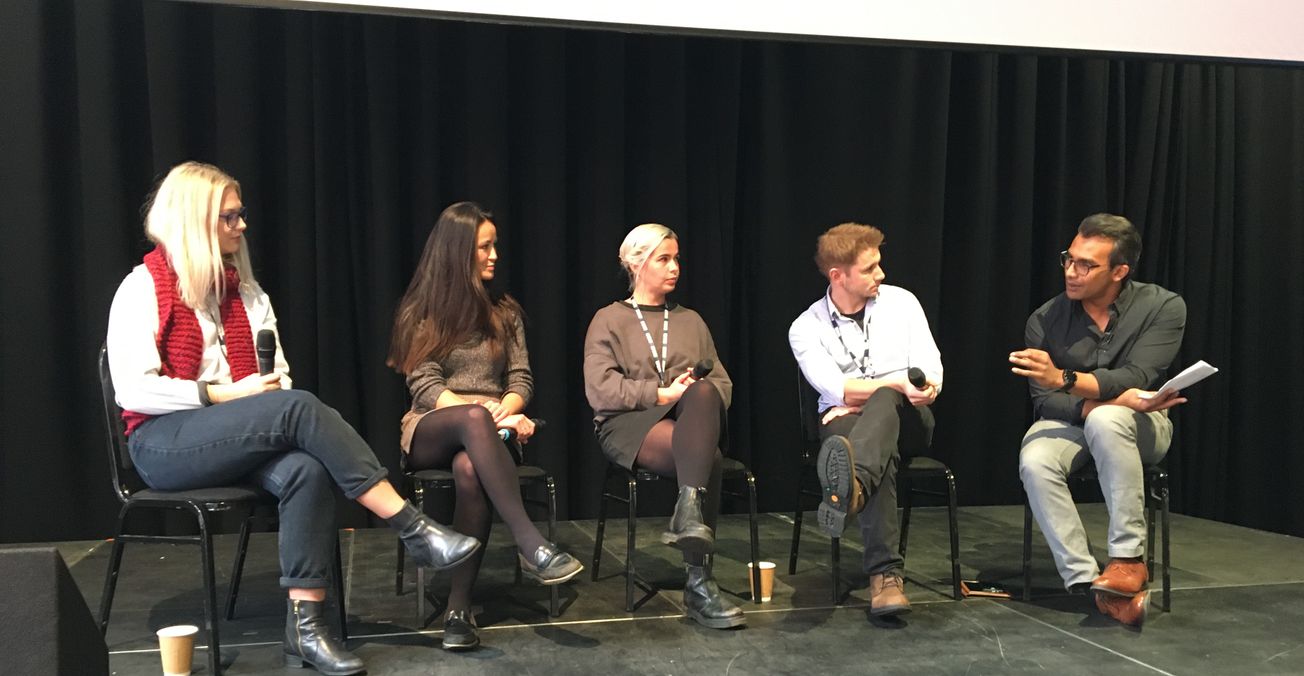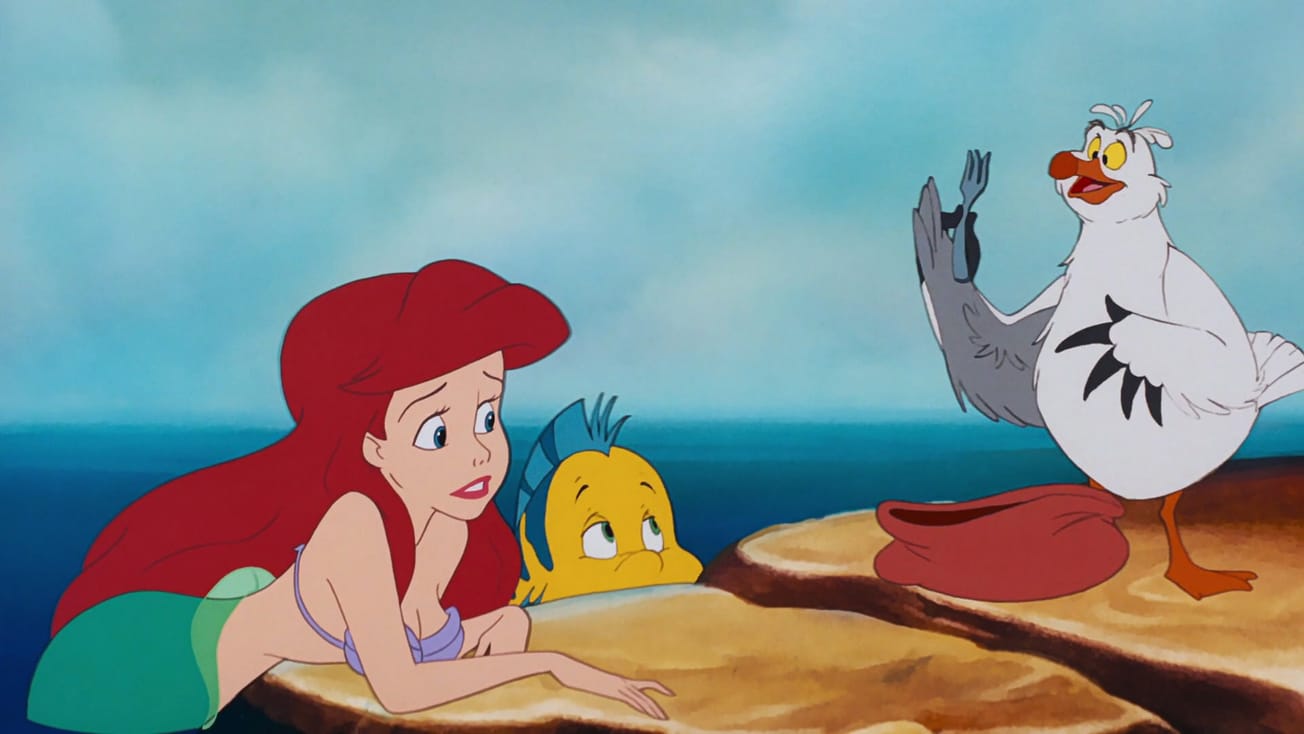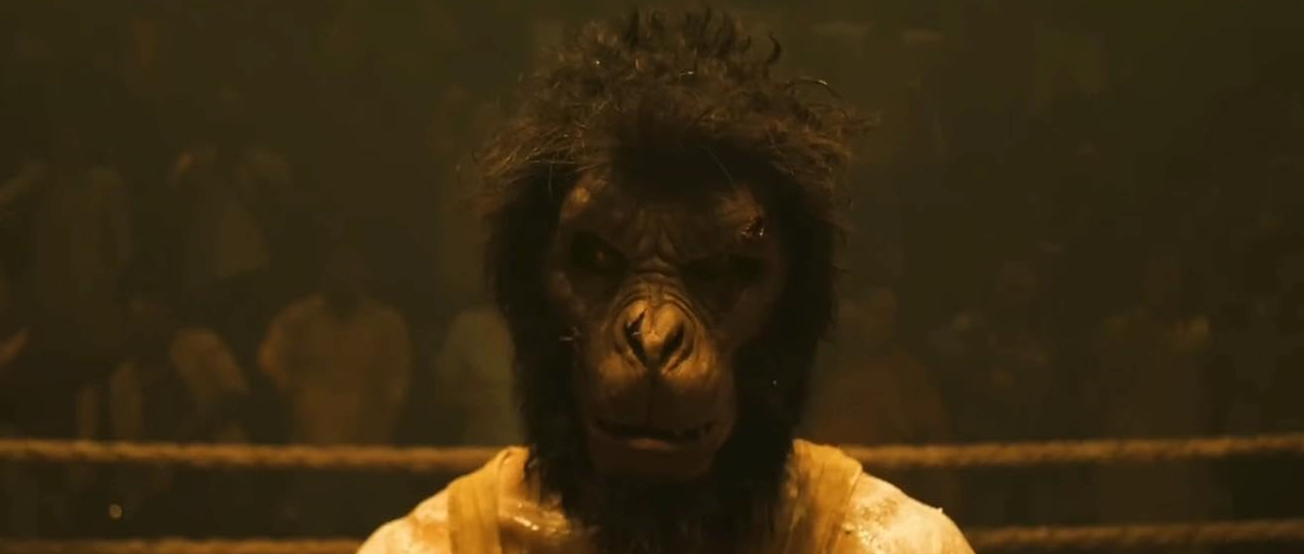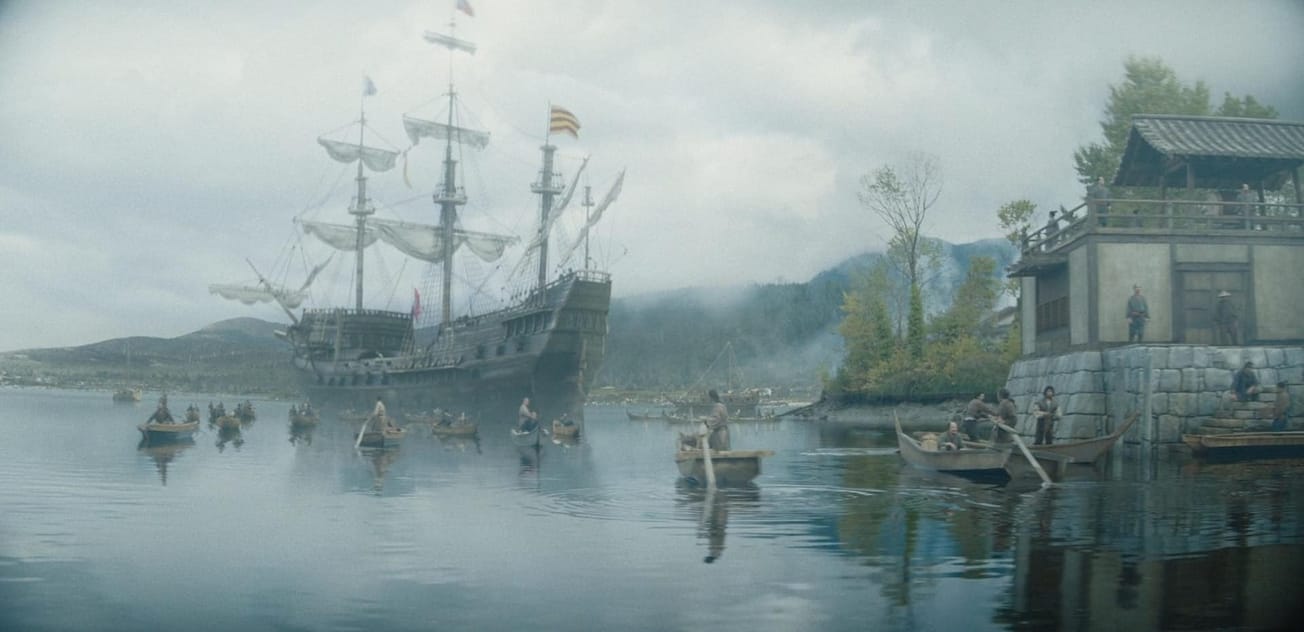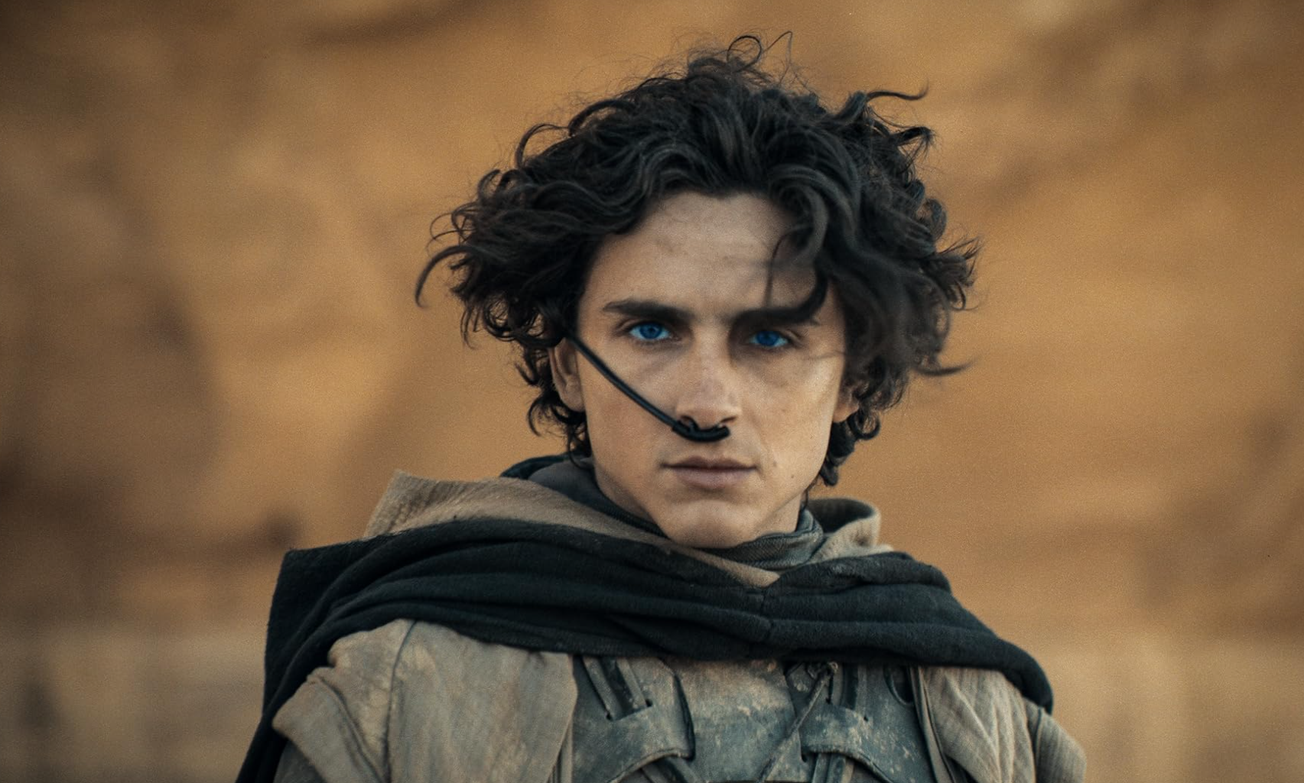By Leah Martindale, Film and TV Editor
On Monday 21st October 2019 the BBC hosted an event at the Station in Bristol city centre entitled Untamed Media. Those selected to attend, among them myself, were treated to an array of talks and workshops by a range of BBC industry professionals.
From talks from professionals to workshops on CV tailoring, meeting recruitment members to the ins-and-outs of podcasting - the day was jam-packed with technology, advice, and the ever-dreaded-never-as-bad-as-you-expect networking! As well as the peak of my day, swimming with otters and sperm whales in VR, I also got more useful advice than I know what to do with. In case you didn’t make it, or even know it was occurring, here is a run-down of my experience.
The day was opened by Julian Hector, Head of the BBC’s Natural History Unit (NHU). Hector holds an Honorary Doctorate from the University of Bristol and was described by Sir David Attenborough - of Natural History acclaim - as ‘one of the most inventive producers in radio’. Hector says ‘the world is a natural commons’ - commons like the Downs, but also common in that it is our common ground, and we all have a stake to it.
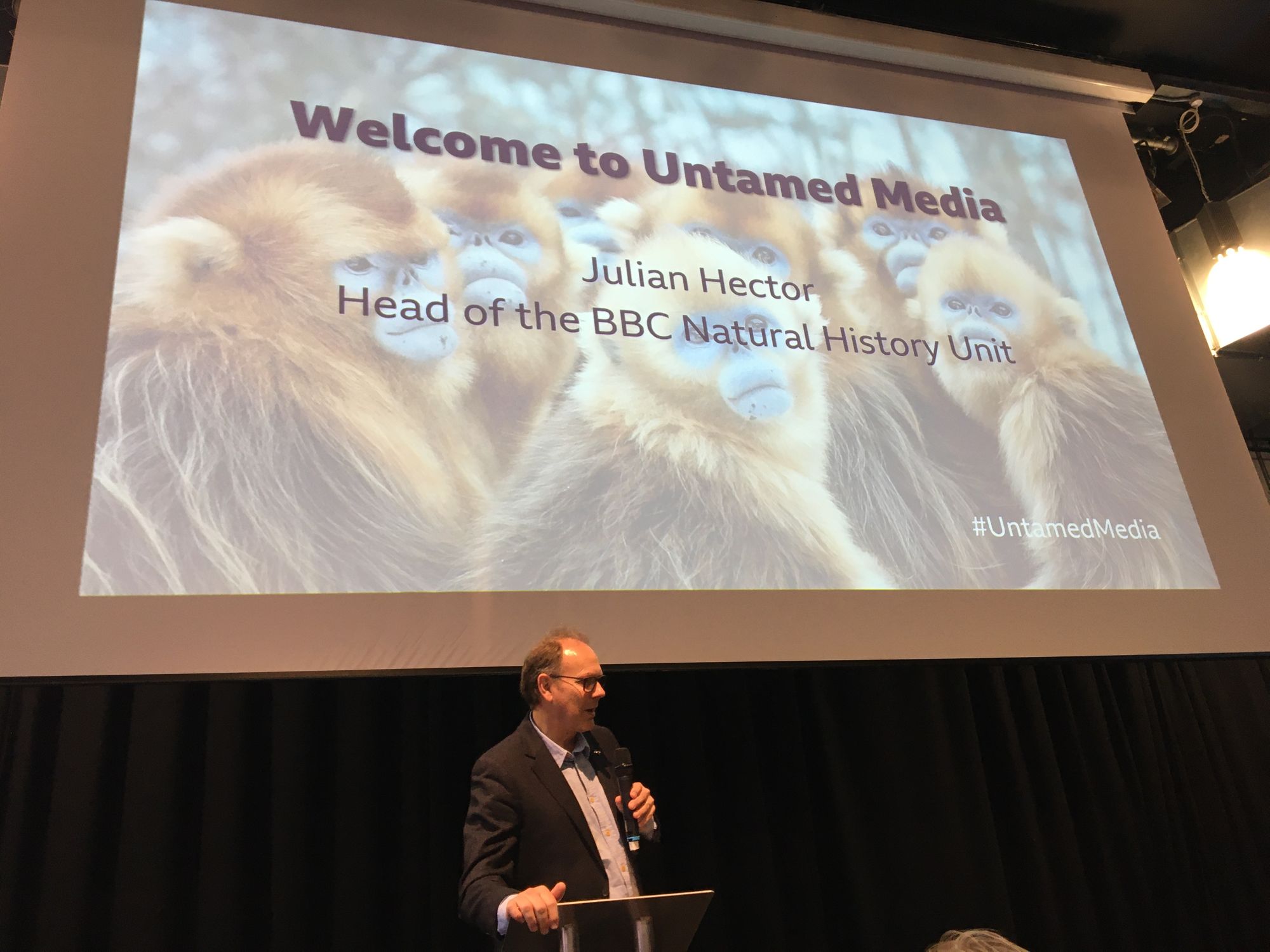
Therefore, if you are intending to pursue a career in wildlife filmmaking, Hector’s advice is simply to try. He told in captivating detail the story of observing a girl taking a picture of a group of pigeons on her smartphone. The equipment and subject matter may seem arbitrary or day-to-day, but her attention and passion were enough to catch the attention of one of the Head of the NHU, and not only that, but to be remembered. That alone should demonstrate the traits that are attractive to the BBC.
‘Everything is changing in the ways we consume media, and the NHU is realising that.’
Second to speak was Lucy Wells, Assistant Producer of David Attenborough’s newest installment Seven Worlds, One Planet (2019), airing this Sunday at 18:15 on BBC One - keep your eyes peeled for Epigram’s preview review, coming soon. In the past eighteen months, Wells has been on eleven shoots, spent 230 days away from home filming - 45% of the time period, taken seventy five flights, and visited five continents.
Who doesn’t this sound like a dream to? Wells recommends that if you love animals, travel, and being outside, then a life as a wildlife filmmaker could be on the cards for you. I’m sure many of us fall into this category! Of course, Wells’ is not all glitz and glamour - she is subject to harsh weather conditions as part and parcel of her role, and describes the extended periods of time away from home as ‘the greatest challenge’.
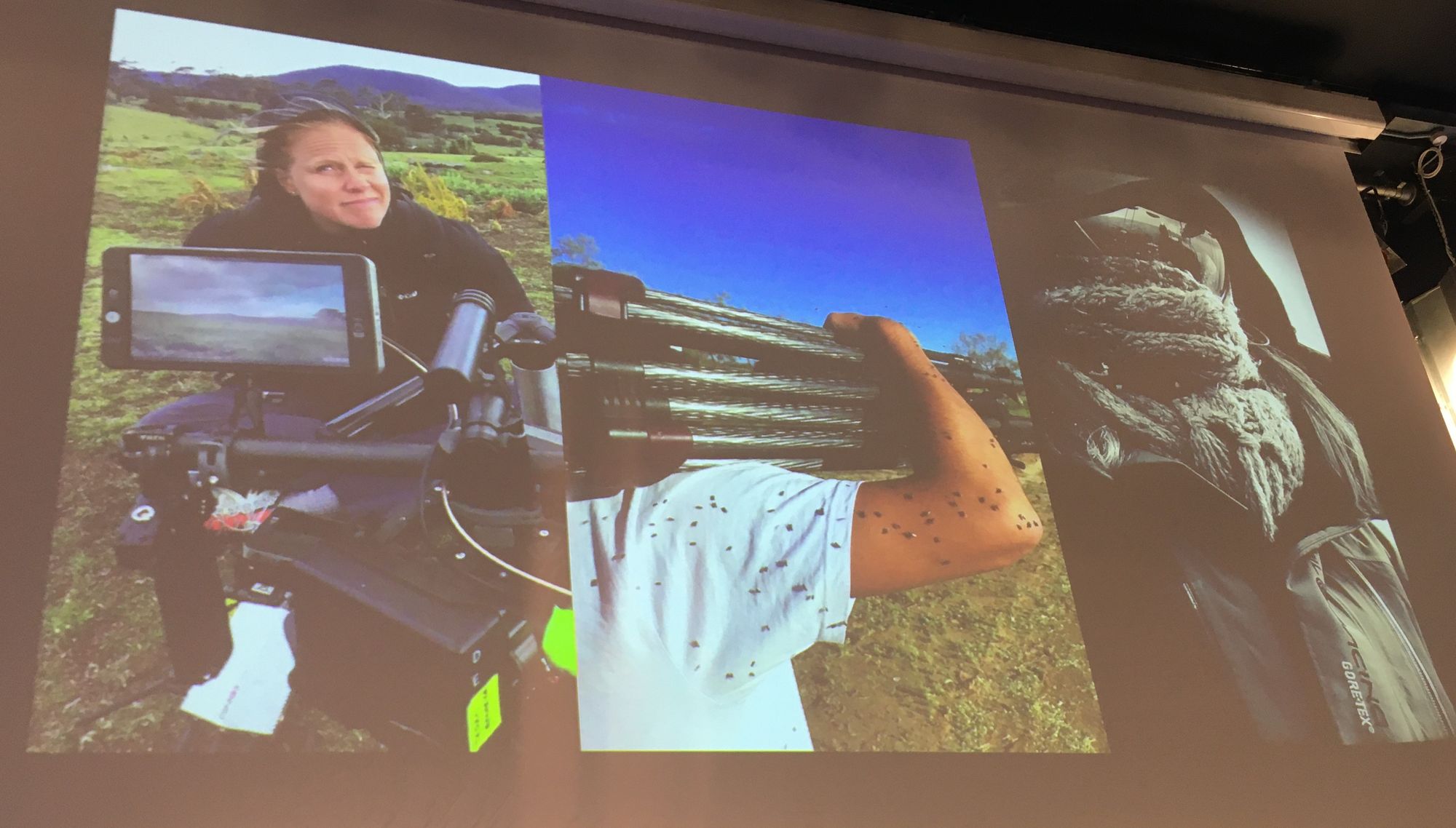
Third to speak was Lee Bacon, Head of Digital at the Natural History Unit. As much as it may seem like a dream role, Bacon’s role involves repurposing footage from shoots, shows, and the proverbial cutting room floor for social media consumption. ‘Memeify-ing’ is a large part of Bacon’s role, as well as understanding trends and changing sensibilities of media consumers. Digital media is an ever-changing medium, which makes it constantly exciting and gratifying.
Get paid to sit in a cushy office and make memes? Couldn’t we all do that? Of course nothing is as simple as it sounds. For Seven Worlds, One Planet alone Bacon's team received over 7 petabytes of data! ‘A petabyte (PB) is 1015 bytes of data, 1,000 terabytes (TB) or 1,000,000 gigabytes (GB).’ To put that in terms that regular folk might understand, the iPhone 6S ranges in capacity from 16-128GB. In short: that’s a whole lot of footage.
When you see Monday on the horizon...#Dynasties pic.twitter.com/966UCeTda1
— BBC Earth (@BBCEarth) October 20, 2019
After a short break, BBC Points West presenter Seb Choudhury hosted a panel consisting of several junior BBC staff members: Sadie Coles - Production Management Assistant, Estelle Cheuk - Assistant Producer, Annie Moir - Researcher and digital team member, and Tom Parry, Researcher. The group gave invaluable tried-and-tested advice for getting a career in the Beeb.
Cheuk’s primary piece of advice was: ‘Expand your experience, find what you’re passionate about. Get an idea of the different ways that you can get in…’ Do you love birds? Are you passionate about the British coastline? Find your niche, and make it yours! Moir added that ‘there’s passions and niches in terms of science, but also in how you want to deliver this content.’ Do you want to be a filmmaker? Do you love social media? Are you interested in data and audience studies? In an organisation as big as the BBC - there is room to find your speciality.
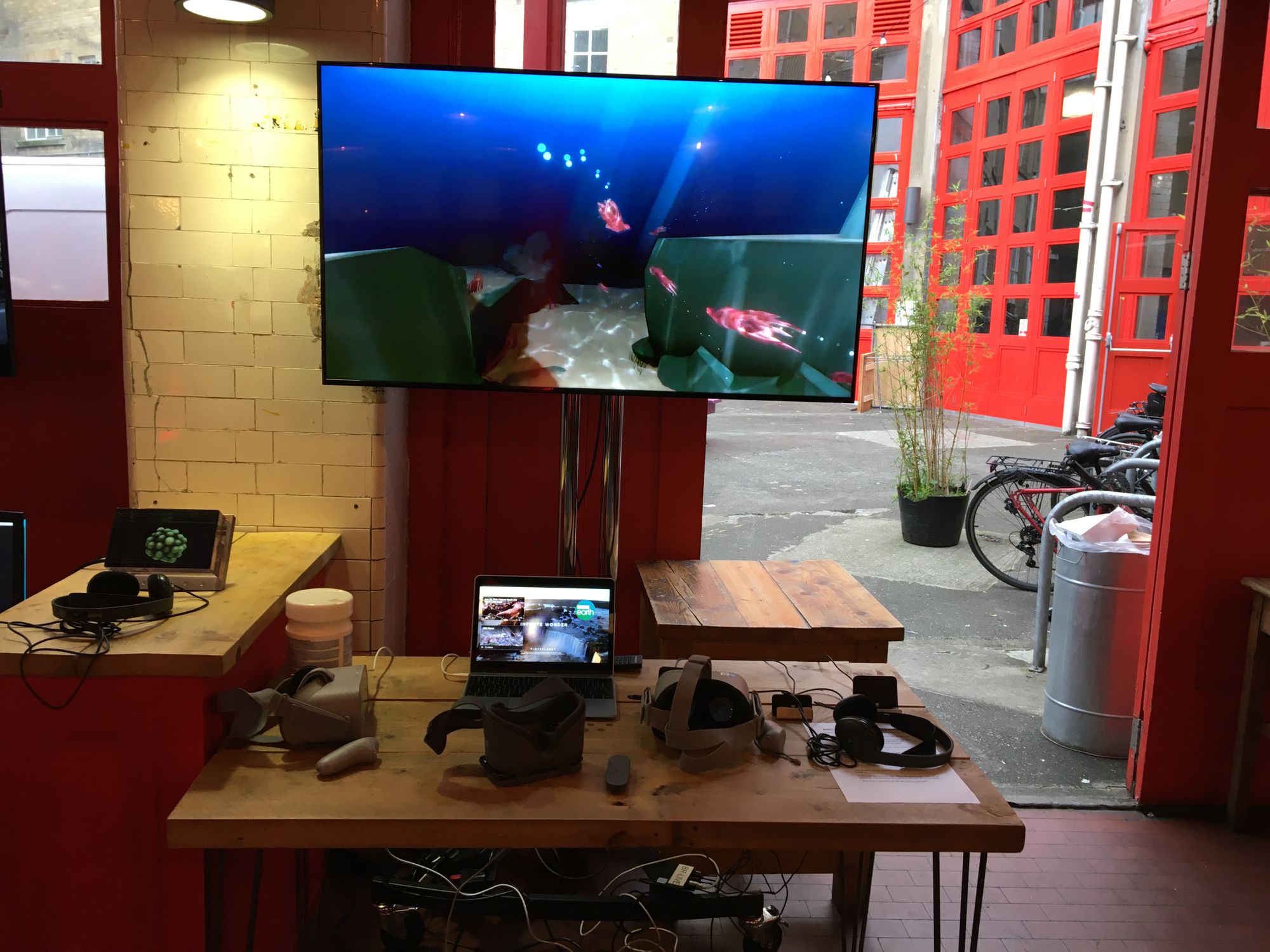
It is clear that careers in the NHU span far further than Attenborough. You do not have to be an intrepid explorer or part-time Bear Grylls to get your foot in the door, and you do not need a science degree or a film degree to make your mark. So, now that we all probably want to fire an application off as soon as possible, how can you make yourself as appealing as possible to the BBC?
According to Hector, you’ll need ‘a jolly good sense of social justice, of what is fair, because the natural world is in extraordinary danger.’ Wells says ‘you’ve got to love it, even when you’re sitting in a tent for days on end’ - and if her video of her roommate Bob, the Huntsman Spider, is anything to go by, you won’t always be alone. She advises any budding filmmaker to ‘go out and have a look around you, and start watching things.’
If you love animals, travel, and being outside, then a life as a wildlife filmmaker could be on the cards for you
This advice is pertinent amongst the BBC cohort, from the Head of Natural History Recruitment to the Head of Early Years Recruitment. Watching and consuming media is imperative. Researcher Tom Parry says ‘one of the things [he has] learned to do in the past year is watch TV’, as ‘everything is changing in the ways we consume media, and the NHU is realising that.’
Cheuk advised that ‘the most important thing to do is… before you approach a producer or series producer is [to] know why you want to approach them.’ What can they give you, and, more importantly, what can you give them? Parry gave the simple tip to ‘be online’ - if his graduate project A Place For Penguins (2018) had not been online he may never have landed his job in the BBC, or got his footage in Blue Planet II (2017-2018). Importantly, to make an impression, he also told everyone to act on advice you got - there is nothing more disheartening than giving someone your time only to be ignored.
A Place For Penguins from Tom Parry on Vimeo.
By the end of the day, we were all feeling energised, inspired, and ready to delve deep and discover what we really want from our future careers in media. As university students we are over-qualified for their apprenticeships, but there are a whole host of Trainee and Graduate schemes or placements available just a click away. If you’re feeling really bold, apply straight for their advertised roles.
If I learned anything from my day with the BBC it is that boldness is invaluable. Moir told us ‘I still have to pinch myself that I actually work there, it’s mad.’ Wells’ career path was forged after a stint on reality television, Moir and Parry did specialised Masters courses, Coles did an apprenticeship: there is no one route to a job in the BBC. The only thing they all have in common is that they put themselves out there. Why not try?
Featured: Epigram / Leah Martindale
Can you see yourself as a professional memer or nature fanatic?

